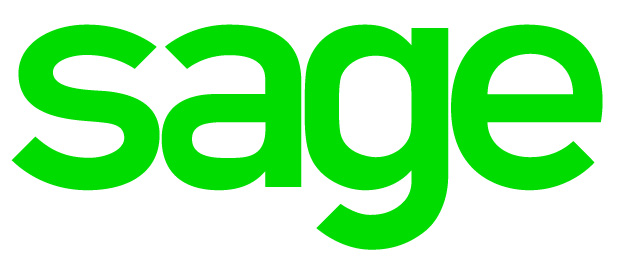Do not get caught out by dodgy job ads
The start of a new year is the peak time for jobseekers, but that also means that scammers crawl out of the woodwork to exploit unwitting victims.
If you are looking around for a new job, there are a number of red flags you should be aware of.
The Disclosure and Barring Service (DBS) is working with JobsAware to raise awareness of job scams that might lead people down the path of sharing identity details, and even their own money, in the mistaken belief they are in line for new employment.
Be on your guard for the following:
1. Poorly written job adverts
It is important that the job you are applying for sounds legitimate. It should include roles and responsibilities, desired experience, working hours and expectations, and salary. Job adverts that withhold basic information should be treated as suspicious.
2. Suspicious contact details
Are the contact details legitimate? Look out for a direct contact person or email address. Be wary if there is no point of contact linked with a job advert.
3. Unrealistic salary
Does the salary not seem to match the role? This could be a way of drawing you into a role that does not actually exist to gather personal information or bank details.
4. A job offer without an interview
Being offered a job automatically without having met a member of the hiring company should automatically set the alarm bells ringing. You should always ask to meet face-to-face or online with the hiring manager.
5. Being asked for money
Don’t ever send money before starting a job. This includes for training, uniforms, or DBS checks. These, in most instances, should be provided by the employer.
6. Illegitimate companies or illegitimate emails
If you are unsure of the legitimacy of a company, you can check this using Companies House via GOV UK.
7. UK domains
If the domain is outside the UK, ensure to investigate the company further. Online jobs can be legitimate but require extra vigilance.
Dr Suzanne Smith, Barring and Safeguarding Director for the Disclosure and Barring Service, said: “Job search trends show that the start of a new year in January, and into February, see high numbers going online to find new employment opportunities. Often people can be keen in their pursuit of what might seem to be the perfect job on the surface, leaving themselves vulnerable to scams.
“Taking some simple steps to spot potential job advert red flags could save you time, stress, money and a lot of heartache.”
Keith Rosser, Chair of JobsAware, said: “Job scams continue to bring misery to people looking for work. In January we anticipate we will receive more than double the number of reports of monetary losses due to job scams when compared with December.”
If you suspect you have been targeted by, or have been the victim of a job scam, there are a number of ways to report this, including via the JobsAware portal. They will investigate and take further action, if necessary.
If you have parted with money as part of a suspected job scam, please contact the police and they will take the matter further.
Latest News
- Check out the Trivial Benefits rules - May 16, 2024
- Death and taxes - May 14, 2024
- What to expect in the coming year - May 8, 2024
- Companies House is flexing its muscles - May 7, 2024
- Payrolling employee for expenses and benefits - May 7, 2024
- Tax Diary May/June 2024 - May 2, 2024
- Claim tax relief on pension contributions - May 2, 2024
- Accessing the HMRC mobile APP - May 2, 2024






